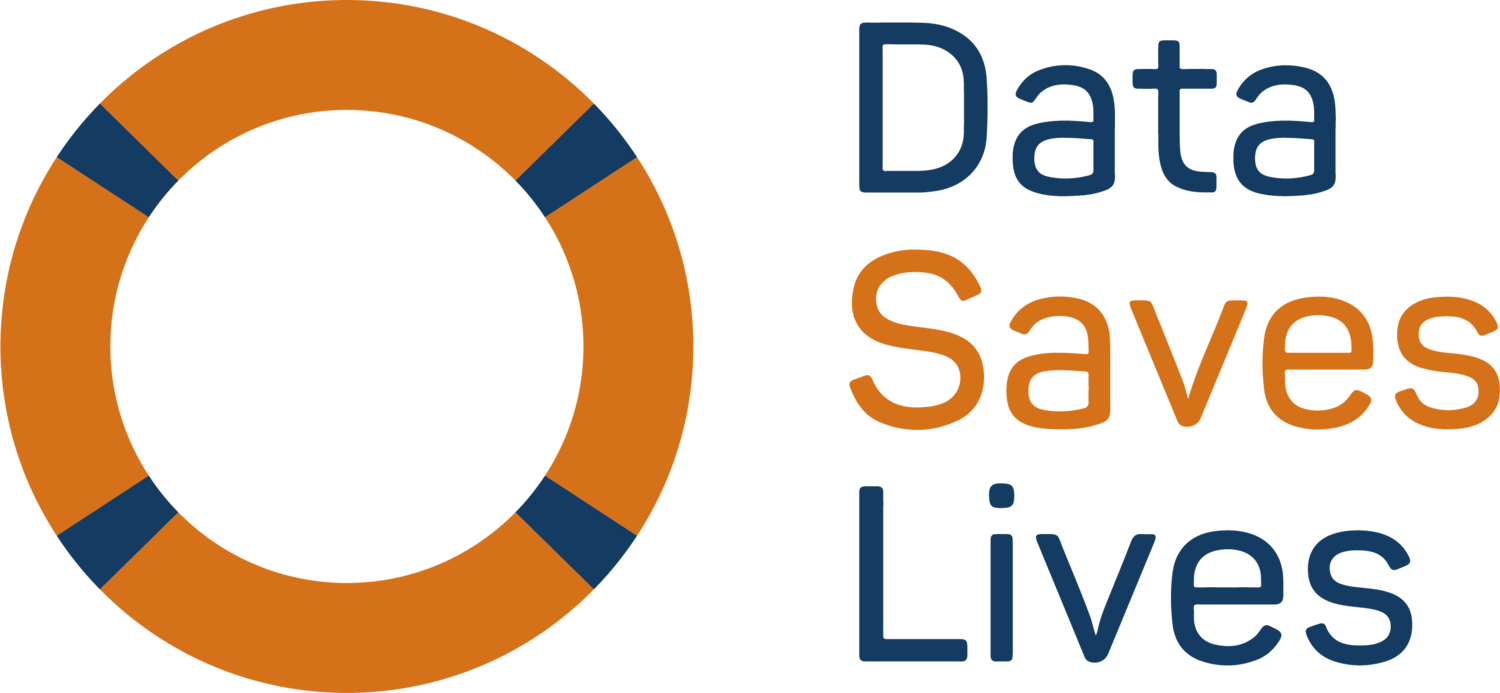Early Detection of a Cancer Killer
Helping identification of people at high risk of colorectal cancer from an existing blood test.
What was the health challenge?
Cancer of the colon (also known as the bowel) and rectum (colorectal cancer) is the second most common cancer with more than 470,000 Europeans being diagnosed every year. It kills 228,000 Europeans every year. Like many cancers, the earlier this cancer is detected, the greater chance that treatment will be successful.
It is for these reasons that testing (called screening) of adults for colorectal cancer is available in some countries as a routine, especially for patients with a family history of that condition. However, around half of the people that qualify for screening do not take up this offer.
What was the purpose of the research?
This research was undertaken to find out if it was possible to detect those people at higher risk of this cancer by analysing results from a blood test that patients have already taken for other reasons, so they can be encouraged to attend for screening.
Why and how was health data used?
Patient data were obtained from two independent sources: Maccabi Health Services (MHS), one of the four Health Maintenance Organizations in Israel, and the UK Health Improvement Network (THIN). In all cases the data were anonymous and only contained age, gender and several laboratory values. In addition, whether or not patients developed cancer was identified from the cancer registry in Israel or the THIN database in the UK.
The research developed a new algorithm to assess the risk of a person having colorectal cancer for people aged over 50. An algorithm is a set of rules used by, for example, a computer programme to analyse and process data to produce a specific output. Anonymous blood test results on 450,000 individuals from MHS were analysed in order to develop this algorithm. This large number of patient tests was needed in order to detect rare combinations of test results and cancer risk.
Before being put into use, the algorithm was tested on two separate and independent sets of blood test results of primary care patients, containing over 139,000 further Israeli patients from MHS and over 25,500 British patients from THIN. Despite these different populations, the algorithm performed well in both sets of blood test results.
What was the legal basis for using the data?
This use of health data complied with data protection legislation because all patient records were de-identified by MHS or THIN before any researcher was granted access.
What were the results?
The computer program is now available as part of a colorectal cancer screening system through the company EarlySign. It is available in Israel and the UK, with other countries expected to be added in the near future.
What was the benefit to patients and healthcare systems?
By helping clinicians to identify patients who may be at higher risk of colorectal cancer, those patients can be more strongly encouraged to attend for a formal screening. The initial experience of this algorithm is that 9% of people identified as being at high risk were then found on full screening to have a very early colorectal cancer, which could be treated.
Further information
Peered review article:
https://academic.oup.com/jamia/article/23/5/879/2379871
The additional evidence coming out of commercial usage of the model:
https://ascopubs.org/doi/abs/10.1200/CCI.17.00130?journalCode=cci&
